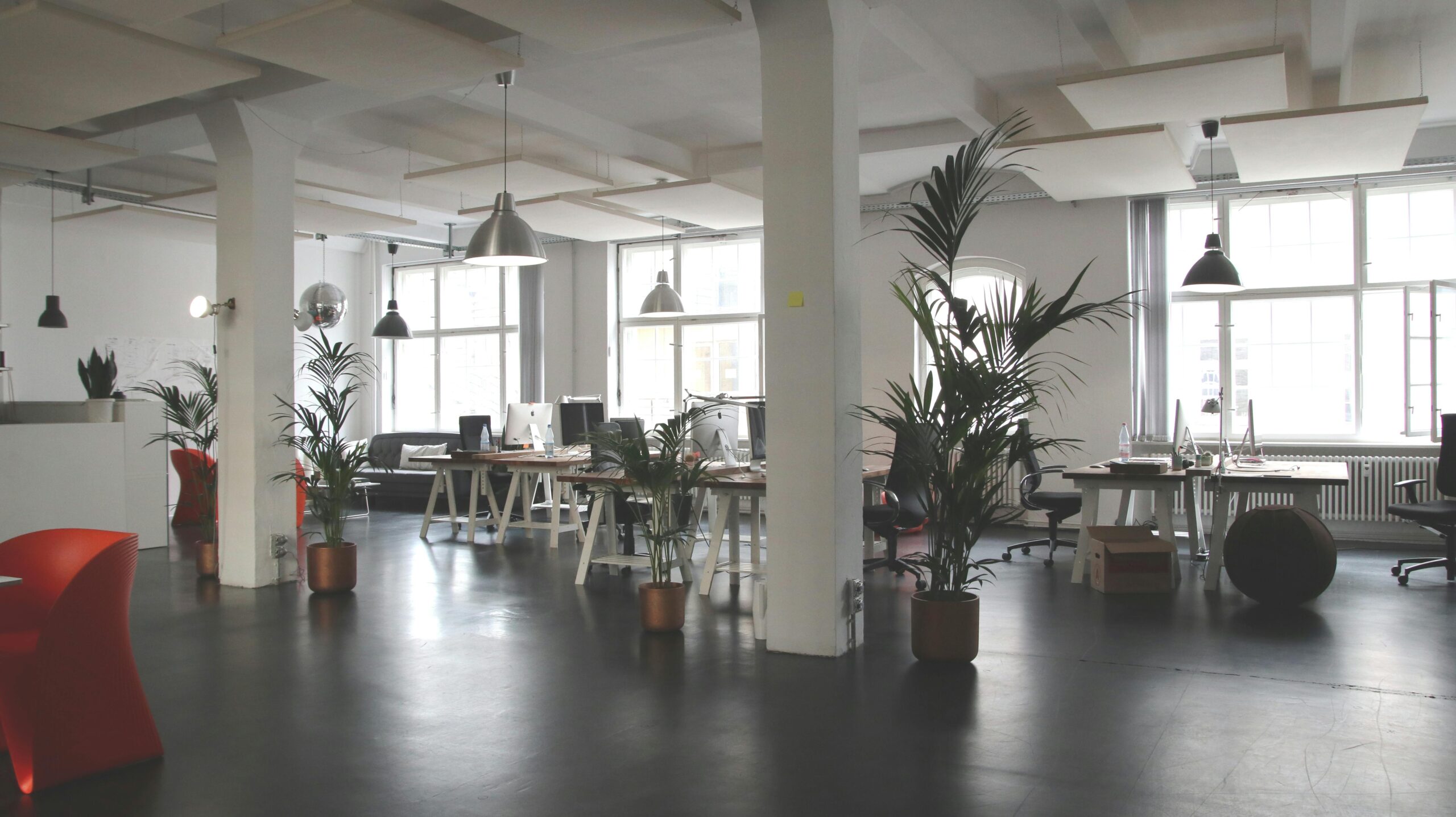Types of Working Spaces Available for Rent
The modern workplace is ever-changing, and the way we work is constantly evolving. With the rise of remote working, digital nomads, and freelancers, more people are choosing to rent out their own workspace rather than using a traditional office. Whether you’re looking for a place to work alone or with others in your team, there are many different types of working spaces available for rent. Here’s a closer look at some of the most popular types of workspaces:
- Coworking Spaces: Coworking spaces provide shared workspaces that can be rented by individuals or teams on an hourly or monthly basis. Most coworking spaces offer both open plan areas as well as private offices and meeting rooms depending on your needs. These flexible workspaces are perfect for those who need a professional atmosphere but don’t want to commit to long-term office leases.
- Dedicated Desks: If you prefer having your own desk but don’t have space in your home office or would like access to other amenities like printing facilities and conference rooms, then dedicated desks might be the right choice for you. These desks are typically located within coworking spaces and can often be rented out on either short-term or long-term contracts. A dedicated desk is a type of working space for rent provides a consistent, everyday spot to work.
Benefits of Renting a Working Space
The modern age is full of entrepreneurs who are looking for the perfect place to set up shop and allow their business to succeed. Although there are many options available to them, one of the most popular choices is renting a workspace. Renting a workspace has many benefits, from saving money on overhead costs to gaining access to like-minded professionals and networking opportunities. Here, we discuss some of the key benefits of renting a workspace for your business.
1) Cost Savings: One of the biggest advantages of renting a workspace is cost savings. Renting an office space typically requires less upfront capital than buying or building one yourself, which can be especially helpful if you’re just starting out as an entrepreneur or small business owner. Additionally, rental costs may be tax deductible depending on where you live and what type of space you rent out; in some cases, this could add up to significant savings throughout the course of your lease period.
2) Location: Another benefit that comes with renting a workspace is the ability to select your desired location without having to buy or build one yourself. Depending on what kind of business you’re running and who your target customers are, locating yourself in an area that’s convenient for them could make all the difference.
Cost Involved in Renting a Working Space
If you’re looking to start a new business or expand an existing one, renting a workspace can be an important step. But before taking the plunge, small business owners need to understand the costs involved in renting a working space.
The most obvious cost associated with renting a workspace is rent itself. Depending on where you’re located and how much area you require, monthly rent can range from a few hundred dollars for a shared office space to thousands of dollars for larger office suites. Additionally, many landlords will require tenants to pay first month’s rent and security deposit up front. This cost should be taken into consideration when budgeting for your workspace needs.
Utilities are another factor that should be factored in when calculating workspace costs. You may find that some landlords include utilities as part of their rental package while others may charge extra fees for water, electricity and other services used in the building or provided by outside vendors such as internet access or phone service providers. Be sure to ask about these details when shopping around for workspaces so that you can accurately calculate all expenses associated with your rental agreement upfront.
Other potential expenses may include additional fees related to cleanup services, parking spaces and/or equipment rentals like computers or furniture if necessary items.
Tips for Finding the Right Working Space
In today’s world of ever-changing technology, it is becoming increasingly difficult to find the right working space. Whether you are a freelancer, entrepreneur, or corporate employee, finding the right workspace can be a challenge. It is important to take into consideration both the practical and psychological aspects of picking a workspace that best fits your needs. Here are some tips for finding the right working space:
- Evaluate Your Needs: Before diving into searching for potential workspaces, it is important to evaluate what exactly you need from a workspace. Do you need an open office with plenty of natural light? Or maybe you work better in solitude and prefer an enclosed private office? Consider what type of environment will help keep you productive throughout your work day.
- Research Your Options: Once you have determined what type of workspace best suits your needs, begin researching all potential options in your area or online if applicable. Take into account factors such as price range and location before making any decisions on where to set up shop.
- Ask Around: Networking with other professionals in similar fields can help give insight on how they chose their workspace as well as could possibly provide connection opportunities that lead to new opportunities outside of just picking out a workplace setting!
Conclusion
Working space for rent is an extremely beneficial way of creating a productive and professional workspace without the commitment and cost of a long-term lease. With the right provider, you can find a great space that fits your needs, whether it be for short or long-term use. Working space for rent is perfect for entrepreneurs who need to make sure their business runs smoothly and efficiently in order to succeed.

